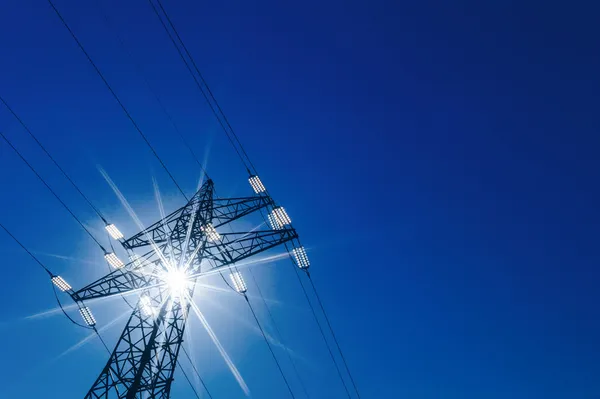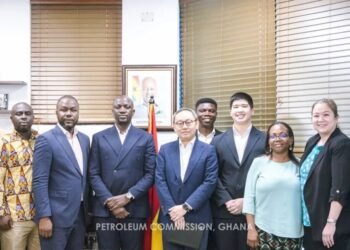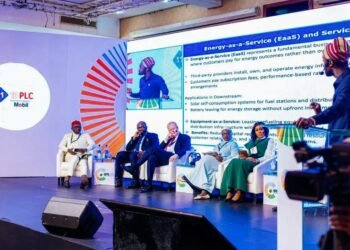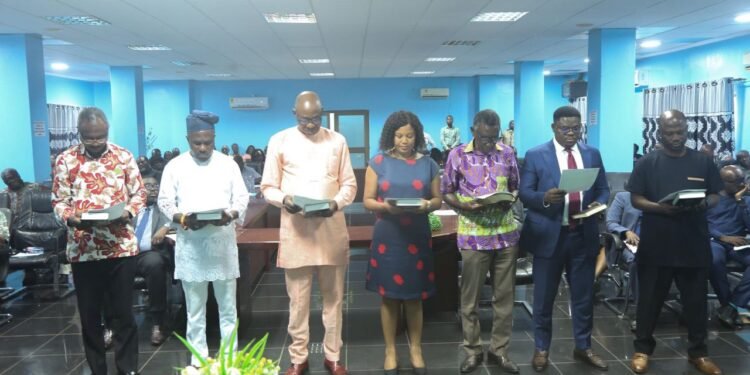Partner at KPMG Ghana, Randolph Annor, has urged government and state institutions to enhance transparency and accountability in the management of energy levies, arguing that clear reporting and measurable performance standards for State-Owned Enterprises (SOEs) could restore efficiency and financial stability to Ghana’s energy sector without major new spending.
Mr. Annor said Ghana’s ongoing energy sector challenges could be mitigated through what he described as “very low-cost or no-cost initiatives” that deliver significant impact.
“We have been collecting all these levies under the ESLA Act, which earmarks specific portions for different purposes. The question is, how have we utilised them so far?
“We need transparency from the very top on how much has been collected and how much has been spent to reduce sector debt.”
Randolph Annor, Partner at KPMG Ghana
He noted that despite a recent one-cedi increase in the Energy Sector Levies Act (ESLA) charge, the government has yet to provide a comprehensive public breakdown of how the additional revenue has been applied.
“This is something that can be done immediately. It doesn’t require new resources, just the will to do it.
“Transparency increases credibility and builds trust among sector players and financiers.”
Randolph Annor, Partner at KPMG Ghana
Transparency to Restore Financial Credibility

Mr. Annor explained that enhanced transparency in the use of ESLA funds would not only build public confidence but also strengthen the ability of financial institutions to design innovative debt-reduction products for the energy sector.
“When financiers and investors have clear visibility into how much is collected and how the funds are used, they can structure products that help manage debt and support operational recovery.”
Randolph Annor, Partner at KPMG Ghana
The ESLA Act, passed in 2015, was designed to consolidate multiple energy-related levies and apply them toward clearing sector debts, funding infrastructure, and stabilising energy supply.
However, concerns over the opacity of the levy’s utilisation have persisted, with some analysts arguing that funds have not been fully directed toward their intended purposes.
Beyond financial transparency, the KPMG Partner stressed the importance of strong governance frameworks and performance-based management for state enterprises overseeing the energy sector, including the Electricity Company of Ghana (ECG), the Volta River Authority (VRA), and the Ghana Grid Company (GRIDCo).
“We must have clear Key Performance Indicators (KPIs) that are monitored and reported periodically.
“If you are not performing, decisions must be taken, whether you step aside or otherwise. Accountability must be more than just a word.”
Randolph Annor, Partner at KPMG Ghana
He pointed out that Ghana’s energy SOEs continue to face operational inefficiencies and financial leakages, despite repeated government interventions and capital injections.
According to him, implementing performance-linked governance would not only improve efficiency but also assure lenders and investors that public institutions are managed responsibly.
Securitisation and Innovative Debt Management
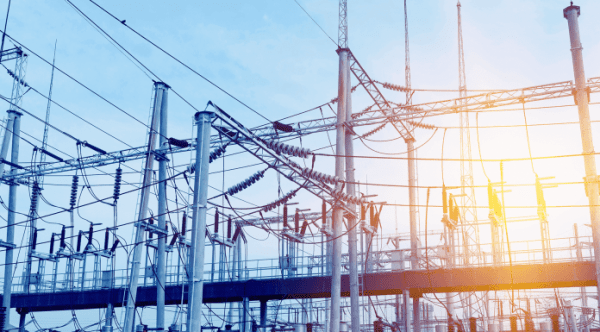
On the issue of legacy energy sector debts, which continue to burden the national budget, Mr. Annor proposed the securitisation of levy inflows and tariff revenues to raise capital for repayment, similar to the earlier issuance of ESLA-backed bonds.
“We can securitise some of the loans we currently owe through bonds backed by tariffs or a portion of the levy.
“That would free up liquidity to pay off existing debts and encourage new investments in the sector.”
Randolph Annor, Partner at KPMG Ghana
However, he cautioned that such measures must be carefully structured to avoid worsening Ghana’s already high debt levels. “We must be strategic. The idea is not to create more debt, but to better manage existing obligations through innovative financial instruments,” he said.
Looking beyond short-term fiscal management, Mr. Annor called for a stronger policy focus on renewable energy, stressing that Ghana’s current renewable share of less than three percent is far below its potential.
“We need a long-term plan that deliberately promotes investment in renewables.
“Government can create the right incentives and enabling environment to attract private capital into solar and wind energy. That’s the future.”
Randolph Annor, Partner at KPMG Ghana
He pointed to Kenya’s success in harnessing geothermal power as a model for strategic diversification that Ghana could emulate, noting that the East African country now sources more than half of its electricity from renewable sources.
Mr. Annor underscored that Ghana’s energy recovery does not depend solely on new capital injections, but on transparency, discipline, and innovation in how existing resources are managed.
READ ALSO: BoG’s $1.15bn FX Injection Sparks Clash with IMF and World Bank Over Cedi Stabilization

